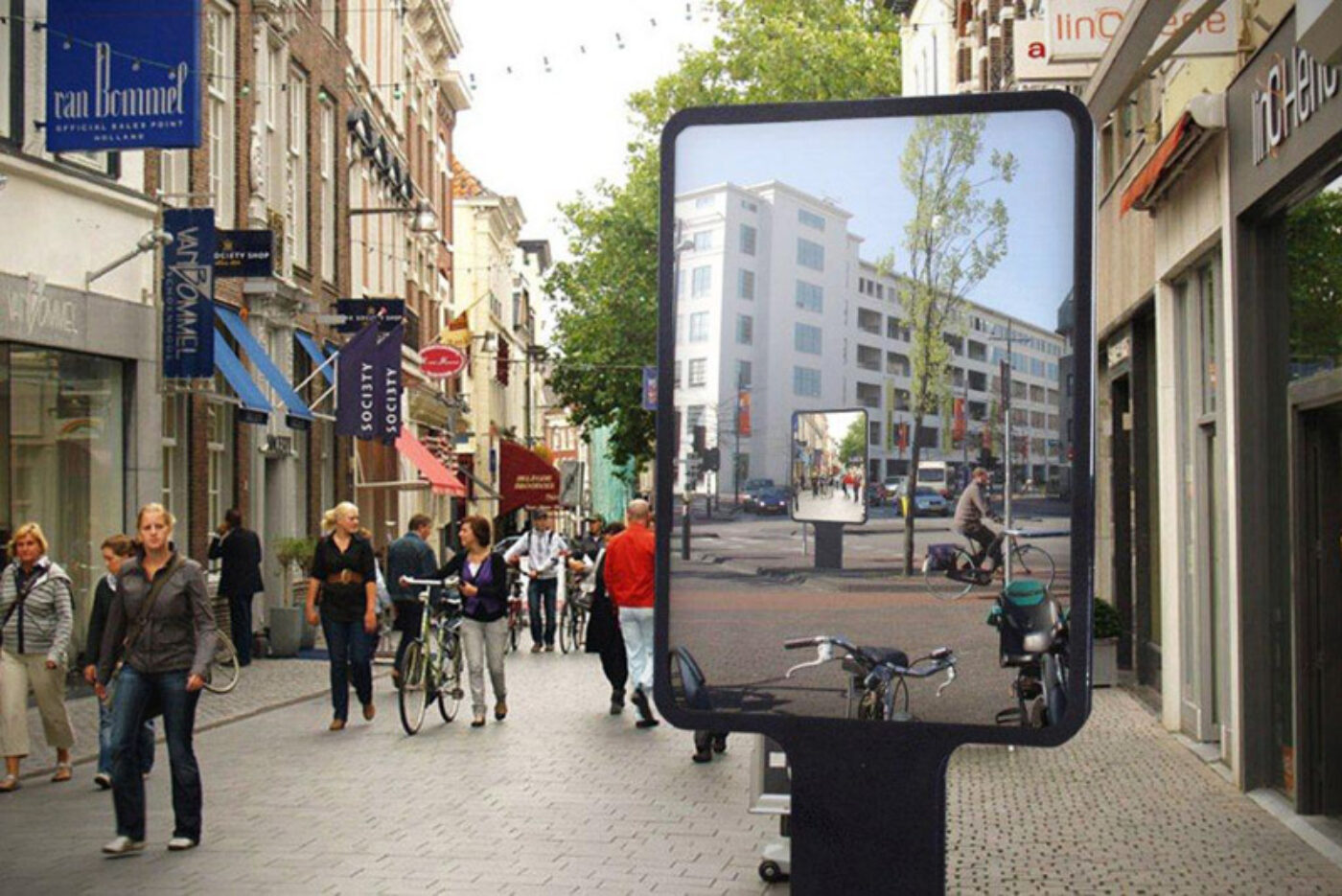
On Thursday 21 March 2013, the teams that have worked under the wings of the Studio for Unsolicited Architecture, Design & E-Culture will present the results of their research at the Netherlands Architecture Institute. The Studio is an experimental project that explores ways in which designers can play a meaningful role in resolving urgent social and design challenges.
Team 1: Self-Building Building
A building that builds itself and is built by you — this was the point of departure for the ‘Self Building Building’ research proposal by Tomasz Jaskiewicz, Lilet Breddels (Archis/Volume), Alexander Zeh and Karen van der Moolen. The project aims to involve end-users as well as commissioners in the construction process by translating their wishes into a file-to-factory process. This ‘open design’ principle renews the interaction between client, architect, financier, proprietor and user. The intention of the study is to arrive at a new construction paradigm as an alternative for the standard process by which a building or neighbourhood is realised.
Team 2: Shrinkage: Towards a New Perspective with Existing Flows
The topical reality of the phenomenon of urban contraction has given rise to ‘Shrinkage: towards a new perspective with existing flows’ (Krimp: naar een nieuw perspectief met bestaande stromen), a study proposal by Zineb Seghrouchni, Chris Collaris and Anne Seghers. Their investigation’s point of departure is a pragmatic, bottom-up approach to the issue of urban contraction that is sustained by citizens and inhabitants. The study focuses on devising a script that connects factors affected by shrinkage (e.g. energy and the economy) with the stakeholders, in order to activate awareness and encourage inhabitants to engage with the changes.
Team 3: Open Source City
In the ‘Open Source City’ proposal by Rick ten Doeschate, Mark van der Net and Gerjan Streng they argue that digitisation nourishes the creative society’s capacity to find solutions and that information and software must be available to everyone. The research focuses on the capacity to provide solutions that is inherent in digital data. Using open data, GIS techniques, infographics and interactive simulations to analyse spatial patterns allows for the ‘discovery’ of innovative spatial scenarios for neighbourhoods that are being restructured. The result is a constantly growing survey of spatial patterns that is published, managed and expanded via an online platform.
The presentation event at the Netherlands Architecture Institute on 21 March will start at 20:00. Please visit nai.nl/studio for more information and registration. Click here for the Facebook event page.